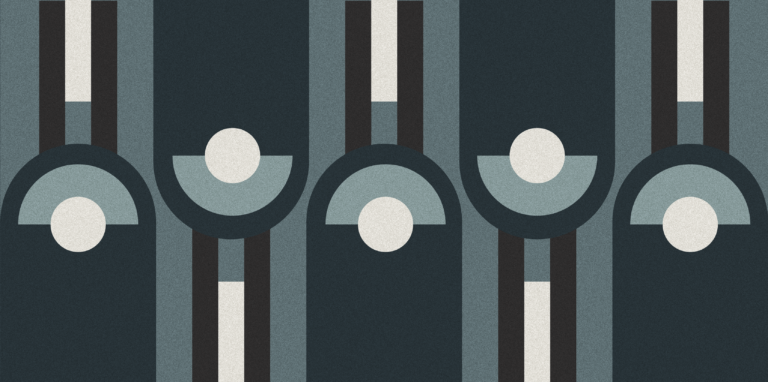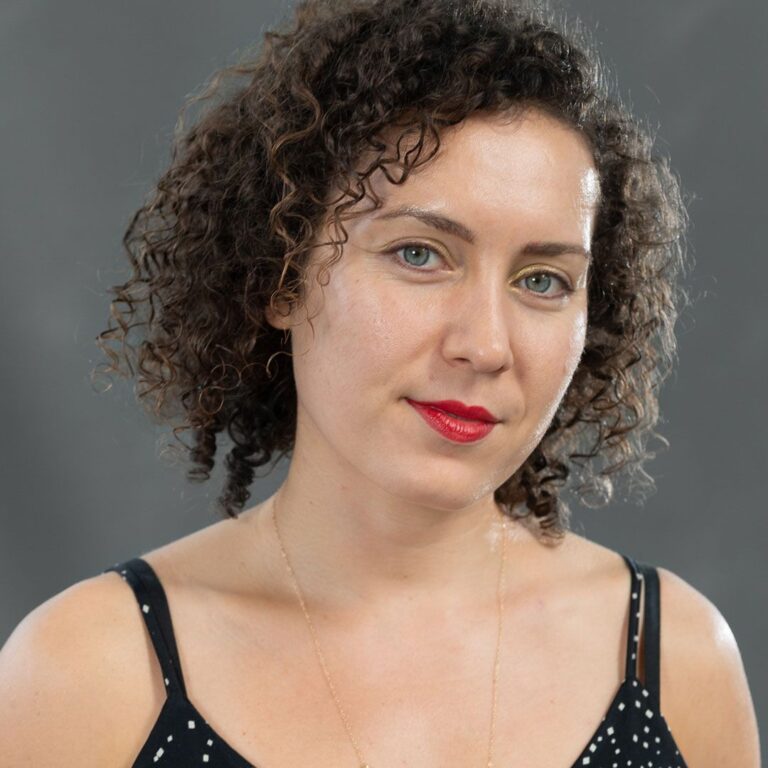Seeing the Generative Story
There is a generative narrative of our time, and it is as real as the destructive story that is better publicized. In this generative story of us, we can see ourselves and others rising to the best of our humanity. It is possible to envision a future that we want our children to inhabit — all of our children — and to innovate the forms for that and build a life there.
| Question to Live
How would I start to tell the generative story of the world I know? |
| Integration Step
Notice and take seriously the good in whom and what you give your attention to across the week: what is life-giving, fruitful, creative, replenishing, healing, sustaining. Journal about what that works in you. |
| Heart of the Matter
We are familiar with a story of our time of catastrophe and dysfunction, and that is real. But it is not the whole story of us. There is an ordinary and abundant reality in our world of people walking with forms that are broken, with a world that is in pain, with institutions that don’t make sense anymore — and finding ways to be of service, to have an edifying effect on the people around them, to be healers in so many forms, and to model and advance what it looks like when we rise to our higher humanity. We are capable of beauty and joy and dignity and incredible creativity and community and care. And, even with the magnitude of what is before us, we are equipped in a way previous generations of humans have not been with knowledge that can be a form of agency: to become more conscious, to become more aware, to act like the ecosystem the world needs us to be — sharing what we are seeing, finding ways to share what we are learning, joining our vulnerabilities, and joining our flourishing. Calling out this reality, naming that there is a generative story of our time, is in fact a way to begin. Every time you take in the good, you are taking seriously the lifeblood, the raw materials of the generative story of our time. You are stepping onto that landscape more fully with your imagination and with your presence. And in so doing, you are making it more visible and more real in our world of so much pain and so much promise. |

Transcript
Hello, and welcome.
We’re going to begin with a notion, a phrase, that I use all the time — and remember, all the time, that I need to define it: the generative narrative of our time; the generative story of our time. We are more familiar with the story of catastrophe and dysfunction, and that is real. But it’s not the whole story of us. That’s what this phrase is insisting on — that there is also an ordinary and abundant reality of things that are going right at any given time, of learning and growth that is happening, of evolution, and breakthrough.
One of the things that happens when I use this phrase, and people hear it for the first time, is that they say, Give me an example. I find that hard, because my mind is so full and bursting with images, with faces and stories and particular people. This generative story of our time, for me, is so embodied and vivid at this point. I had to summon this phrase to describe what I was seeing in these years of drawing out wise and graceful voices in our world — some of them famous, some of them not. But also in being out in the world, meeting our listeners and meeting people in all kinds of disciplines, in all kinds of communities, all kinds of places. And seeing how ordinary it is that people are working with forms that are broken, with a world that is in pain, with institutions that don’t make sense anymore — and finding ways to be of service, to have an edifying effect on the people around them, to be healers in so many forms, and to model and advance — quietly, but so powerfully — what it looks like when we rise to our best humanity. We are capable of beauty and joy and dignity and incredible creativity and community and care.
So the first invitation for you here is to see — to see — that you see this, too. And my suspicion, because you are listening, is that you are also part of it, already. Now, we are strange creatures and this is one of our strangest qualities: that we don’t know how to tell this story of us. We don’t know how to take this story of us as seriously as we take rupture and what goes wrong. I’ve thought a lot about this across the years; why is that? It’s a complex question and has many answers. But fundamentally, a first response is that we are so skilled in our serious disciplines which we need. We are skilled in journalism and scholarship, even in medicine and the law, at a critical analysis of problems. And as we learn more about our bodies and brains, we’re learning that really, our brains are riveted by a critical analysis of problems. Our brains are riveted by problems. Our bodies are designed to keep us safe, in part by keeping us on the alert for pathology, on the alert for what is dangerous.
This kind of science is a companion as we walk forward, because this kind of knowledge of ourselves can be a form of agency. Even with the magnitude of what is before us, we are equipped in a way previous generations of humans have not been, with knowledge that can be a form of agency: to become more conscious, to become more aware, to take ourselves more seriously, to act like the ecosystem the world needs us to be — sharing what we are seeing, finding ways to share what we are learning, joining our vulnerabilities, and joining our flourishing.
Calling out this reality, naming that there is a generative story of our time, is in fact a way to begin. And I also want to offer a simple practice, which is to set out to become, in the first instance, just alert and somewhat reverent of what is good and lifegiving in the ordinary encounters of your days: what you read, what you focus on, what you look for and notice in people close to you, and also what you notice in strangers. And let that shape the larger picture of the world that you’re working with.
I’ll share some language that has been helpful to me, that feels like it has the function of a tool, in this practice of noticing, as a start — noticing and naming. And this actually came from a scientific study of the positive physiological and psychological effects on people who practiced gratitude actively. One of the things that the scientists named that really shifted things for people was establishing a habit of what they called “taking in the good.”
So ponder this. Every time you “take in the good,” you are taking seriously the lifeblood, the raw materials, of the generative story of our time. You are stepping onto this landscape more fully with your imagination and with your presence. And in so doing, you make the generative possibilities of our time more visible and more real in this world that carries so much pain and so much promise.
I’ll see you next time.
